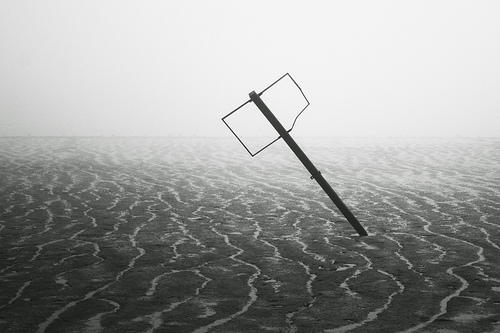
I’ve been writing down my thoughts my whole life, although they were never very organized until recently. Often I’d write down an epiphany I had, in the middle of my science notebook or in the margins of a handout, unsure if I would still find it profound later.
I was always afraid of people finding these thoughts, I guess because then they’d know whether I was smart or just thought I was smart. So I’d put them in quotes, and attribute them to a fake name, circa a fake date. If anyone found it at least it would look like it wasn’t my thought. If an entry struck me as especially profound I might attribute it to a real person who was known for being smart. Oscar Wilde or the Dalai Lama.
This secretiveness was a persistent theme all the way through childhood and into my twenties. It gave me a sense of control over how others saw me. I was embarrassed to want certain things. I was embarrassed for other people’s desires. I felt like people’s wants should be extremely private because they reveal so much, and so I didn’t want to let other people in on mine. I didn’t want other people to know what was motivating me at any particular moment.
My parents were always sensitive to my sensitivities, even though I had a hard time being candid with them about my intentions and motivations. If I was dealing with something tough they’d always be willing to sit down at the dinner table with me and help think up solutions. But I hated hearing their advice, because they thought of my problem very logically and I knew they were right. The answers to my problems were always simpler than I wanted them to be.
More than any other aspect of life, I found the job-hunting process demeaning and embarrassing. The prospect of pavement-pounding alone always overwhelmed me, and so I sought the wisdom of my parents. Job hunting had always made me feel like a beggar. I hated asking people with jobs to give me a job. My Dad’s suggested approach was rational — decide how many businesses to apply at every day, then go do that every day until you have a job. It’s simple and it will inevitably put an end to your problem.
The thought of actually doing this terrified me though, as it almost guaranteed the occasional moment of stark embarrassment that I would do anything to avoid. So my approach always involved sidling around the most challenging part, and trying to land a job with emails and job websites. This isn’t very effective and made the problem last months instead of weeks, creating many times more pain than necessary, even though the whole reason I was doing it that way was because I wanted to avoid pain.
This is a theme I keep noticing in life. My problems are always simpler in the eyes of others, just like other people’s problems seem simpler to me than they make them out to be. If a friend came to me today with a dilemma and he didn’t know what to do, I’d have no problem telling him “What I’d do.”
Strangely, it’s almost always obvious what others should do, and less obvious what we should do ourselves. I’ve become increasingly aware of this phenomenon, both on the giving end and receiving end of advice.
The question is, who’s mistaken? Is it that others are always oversimplifying your problems, or is it that you’re always overcomplicating them?
I think there is, almost always, at least a bit of both going on. But I know that in my case, I’m normally the one with the more distorted view of my problem and I’d bet most people are that way too. It’s easier to be rational about other people’s problems than your own, because you’re much less emotionally invested in other people’s problems, so you can stay more rational about it. Read More


 I'm David, and Raptitude is a blog about getting better at being human -- things we can do to improve our lives today.
I'm David, and Raptitude is a blog about getting better at being human -- things we can do to improve our lives today.
It all pretty the opposite if you're not in the US :) Since 2022 I've changed 3 countries and I'm planning to emigrate to the fourth one. I've had so much novelty and so many things to adapt to. However, time had never run so fast for me as in 2022...